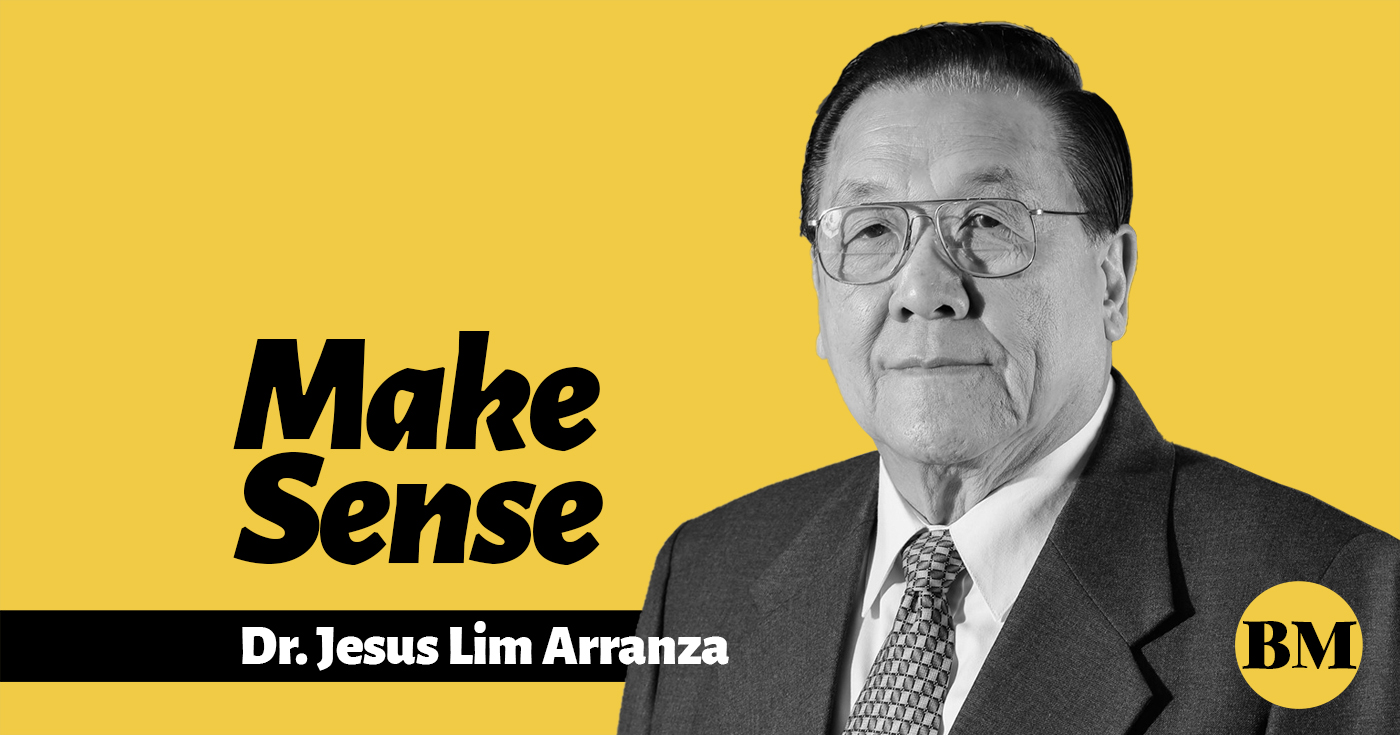After firing a number of presidential appointees for corruption, President Duterte has announced his resolve to clean up the ranks of local government executives in line with his commitment to promote public accountability. According to Presidential Spokesman Harry L. Roque Jr., the President informed his Cabinet last month that he will continue with the process of cleansing the bureaucracy. The President, Roque said, intends to clean up the ranks of the local government executives to highlight that it’s not just presidential appointees that would be subject to the Duterte administration’s anticorruption campaign. This includes everyone in the government.
To show his resolve, Duterte earlier signed Executive Order 43, which formed the Presidential Anti-Corruption Commission tasked to investigate administrative cases against erring government officials. The PACC, however, has yet to be constituted. But this did not deter the President from acting on complaints against public officials, and he started cleansing the bureaucracy right away. “As you know, even without the commission, he has gone ahead and fired many presidential appointees,” Roque said, adding “the President won’t wait for the PACC. He has shown that, with or without it, he has a firm resolve against corruption, and he will implement it.”
Certainly, Duterte’s action matched his rhetoric, especially his campaign pledge to rid the government of corruption. For example, the President fired Maritime Industry Authority Administrator Marcial C. Amaro III over reports that he took “excessive” overseas trips. Prior to this, Duterte also fired former Presidential Commission for the Urban Poor Chairman Terry L. Ridon over “unnecessary” travels abroad. Also removed from office were former Interior Local Government Secretary Ismael Sueno and National Irrigation Administration chief Peter T. Laviña.
The President also admitted he forced Information and Communications Secretary Rodolfo A. Salalima to resign because of complaints regarding his alleged preferential treatments to some telecommunication companies. Although Duterte said he did not want to pass judgment on Salalima, he noticed that the latter seemed to have shortcomings as head of the Department of Information and Communications Technology. Duterte clarified, however, that he was not accusing Salalima of being involved in corrupt activities.
Based on his actions, especially the sacking of his closest allies, it’s clear the President has shown zero tolerance for corruption. In a campaign speech, Duterte said: “I will not promise you heaven, but I will try to stop corruption. In three to six months, I will stop corruption in government.” And when he assumed office, this warning: “Any whiff of corruption, particularly those who serve at the pleasure of the President, means suspension or termination of service in government.”
Now that we have a President who is serious in his desire to wipe out the curse of corruption in the government, it’s our obligation to give him our full support. The Chief Executive needs all the help and support he can get, because corruption in our public institutions has become systemic and deep-rooted. No wonder the country lost $410.5 billion between 1960 and 2011 on graft and corruption, according to one report. The cancer of corruption reinforces poverty by diverting resources meant to uplift the poor. The Philippine economy also suffers because graft and corruption deter foreign investors who are wary of bribes and favoritism.
We hope the Duterte administration will implement corruption-prevention programs for the most corruption-prone government agencies. Congress can do its share by legislating measures meant to enhance sanctions against corruption. We must make corruption a high-risk and low-reward activity. We recommend a collaborative approach involving government, business, the media and civil-society groups to stamp out graft and corruption. With the President’s commitment to promote public accountability among public servants, we hope to see concrete progress before Duterte leaves Malacañang.





























1 comment
And yet duterte gave Faeldon another gov’t position even though it was under faeldon’s watch as commissioner that the P6.4 billion worth of shabu got through using the ‘Green Lane’, during duterte’s ‘War on Drugs’.
So much for show.